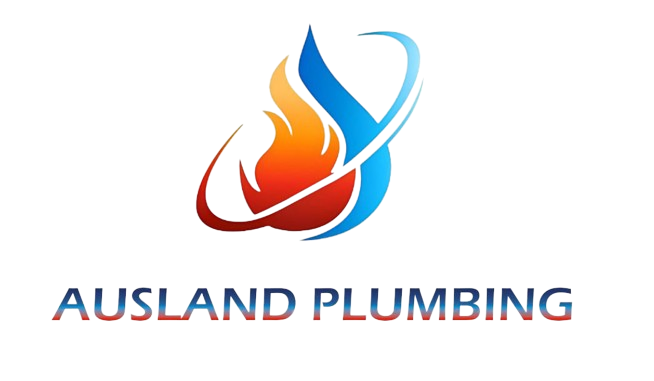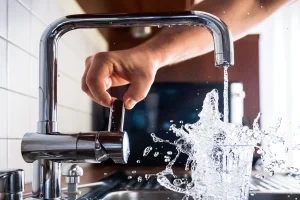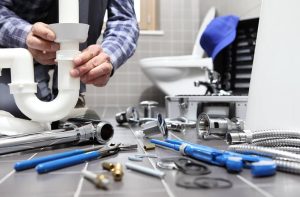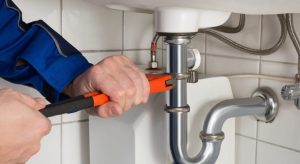In this blog, we’ll explore the fundamental principles of DIY plumbing, from simple fixes to more complex projects. We’ll cover everything from unclogging drains and fixing leaky faucets to installing new fixtures and maintaining your plumbing system. Whether you’re a seasoned DIY enthusiast or a novice homeowner, this guide will equip you with the knowledge and confidence to tackle common plumbing issues on your own.
Embarking on do-it-yourself (DIY) plumbing projects can be a rewarding and cost-effective endeavor for homeowners, provided it is approached with the right knowledge, tools, and precautions. Whether it’s fixing a leaky faucet, unclogging a drain, or installing new fixtures, having a basic understanding of plumbing can empower individuals to tackle minor issues around the house. In this comprehensive guide to DIY plumbing, we will explore essential tips, tricks, and safety measures to help you navigate common plumbing tasks with confidence and proficiency.
Understanding the Basics
Before diving into any DIY plumbing project, it’s crucial to familiarize yourself with the fundamental components of a plumbing system. Gain an understanding of shut-off valves, supply lines, drain lines, and the layout of your home’s plumbing. Additionally, familiarize yourself with the tools commonly used in plumbing projects, such as wrenches, pliers, pipe cutters, and augers, ensuring that you have the necessary equipment on hand for the task at hand.
Safety First
Safety should always be a top priority when working on plumbing projects. Before starting any DIY plumbing task, be sure to turn off the water supply to the area you’ll be working on. Additionally, make sure to wear protective gear, such as gloves and safety goggles, to shield yourself from potential hazards. If the project involves electrical components, always turn off the power supply to the area to avoid the risk of electrical shock.
Start Small
For those new to DIY plumbing, it’s advisable to start with small, manageable projects before tackling more complex tasks. Simple projects like fixing a leaky faucet, replacing a showerhead, or unclogging a drain can serve as a great introduction to DIY plumbing, allowing you to gain confidence and familiarity with basic plumbing techniques.
Proper Tools and Materials
Having the right tools and materials is essential for successful DIY plumbing projects. Invest in quality tools, such as adjustable wrenches, pipe wrenches, and a good set of pliers, to ensure that you have the necessary equipment to complete the task at hand. Additionally, use high-quality materials and fixtures to ensure the longevity and durability of your plumbing work.
Research and Education
Before starting any DIY plumbing project, take the time to research and educate yourself on the specific task you’ll be undertaking. There are numerous online resources, tutorials, and instructional videos available that can provide valuable guidance and insights into various plumbing projects. Understanding the steps involved and potential challenges you might encounter will better prepare you for the task ahead.
Know When to Call a Professional
While many plumbing projects can be tackled as DIY endeavors, there are instances where it’s best to call in a professional plumber. Complex tasks such as major pipe repairs, extensive re-piping, or significant renovations should be left to experienced professionals to ensure the safety and integrity of your home’s plumbing system.
Conclusion
In conclusion, undertaking DIY plumbing projects can be a fulfilling and empowering experience for homeowners. By understanding the basics, prioritizing safety, starting small, using the right tools and materials, and educating oneself on the task at hand, individuals can successfully tackle a wide range of plumbing projects around the home. However, it’s important to recognize the limitations of DIY plumbing and know when to seek professional assistance for more complex or challenging tasks. With the right approach, DIY plumbing can be a valuable skill that contributes to the maintenance and improvement of your home.





